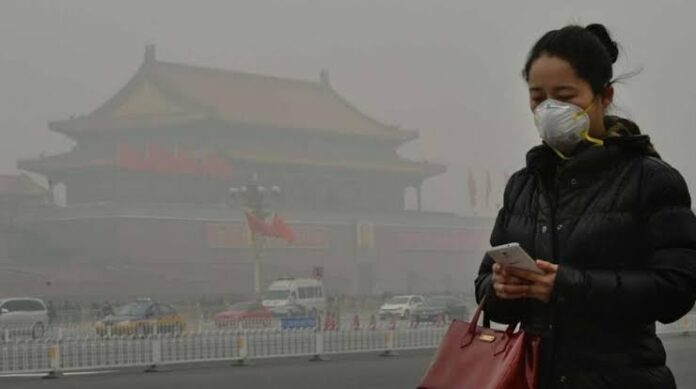The average lifespan of Pakistani residents has been decreased by 3.9 years by air pollution, which reduces the life expectancy of nearly 7 years in the most polluted cities of the country.
An average Pakistani resident could live for 4.2 years, with a total of two largest cities in Karachi and Lahore living for 5.2 and 5 years, according to the annual Air Quality Life Index (AQLI).
According to the WHO Directive, the average Pakistani resident could live for 5.2 and 5 years respectively.
The Annual Report AQLI 2021 has emphasised several of the main reasons for Pakistan’s poor air quality.
It indicates that since the beginning of the 2000s the number of automobiles on Pakistan’s roadways has grown by four times.
From 1998 to 2017, the country produced electricity from fossil fuels tripled.
More agricultural fuel, brick kilns and other industrial operations have also deteriorated air quality in the country over the years.
The report also noted that in keeping with WHO guidelines, the present administration has implemented a number of measures to reduce air pollution.
It claims that in the winter season when there is a significant demand for energy for heating, the government began to build pollution controls and shut down enterprises in heavily contaminated neighbourhoods.
It urged the owners of brick stoves also to move towards greener technology.


